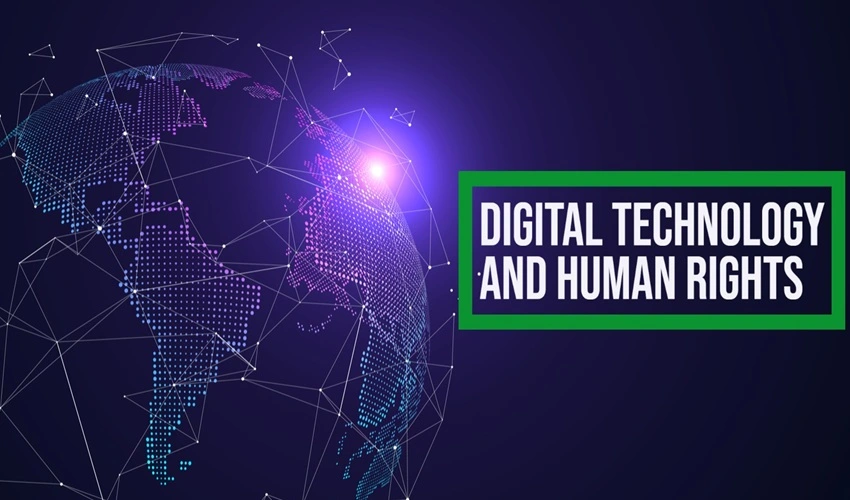Technology has become a fundamental element of our lives and has shaped how we live and work as well as how we interact. While it provides unparalleled opportunities for advancement and technology, it also brings new challenges for the rights of humans. The interplay between technologies and human rights are a subject that has global significance, and demands attentive study.
The Positive Impact of Technology on Human Rights
Technology has played an integral role in the advancement of human rights. For example the social media and the internet enable people to voice their opinions, promote social justice, and even expose Human rights abuses. Globally, activists make use of digital platforms to garner supporters, and raise awareness of crucial issues like racial inequality gender equality, gender inequalities, along with climate changes.
Additionally, technology allows access to vital services. Remote platforms for learning assure that education is accessible to regions that are not served and telemedicine fills in the gaps in access to healthcare. Blockchain technology increases transparency in charitable organizations, making sure that assistance is provided to those in need without compromising.
The Challenges Posed by Technology to Human Rights
Despite its advantages however, technology can also cause serious issues regarding human rights. One of the biggest concerns is the loss of privacy. Corporations and governments frequently gather and analyze huge amounts of personal information often without consent. This data collection can violate the privacy rights of individuals and, in extreme instances could lead to the use of personal data for commercial or political collect.
Artificial Intelligence (AI) or machine learning have been accused of perpetuating biases. Machine learning algorithms that are not based on diverse input could exacerbate existing inequities that affect crucial decisions in areas such as hiring police, hiring, and healthcare.
Another reason to be concerned is the rising incidence of cybercrimes such as cyber-bullying, identity theft and misinformation-based campaigns. These activities could harm people as well as communities and threaten democracy.
Balancing Technology and Human Rights
To assure technology is an instrument of progress, instead of a source of harm, all organizations, governments as well as individuals must cooperate. The policies and regulations must focus on the protection of human rights in digital space. For instance, strong laws on data protection can protect privacy while ethical guidelines could warrant AI technology is fair and inclusive.
Tech companies also carry a lot of accountability. They have to follow transparent procedures and make ethical decisions, and cooperate with human rights organizations in order to reduce the risks.
Everyone has an important part to play. Digital literacy is essential in this age of rapid technological development. In understanding how technology operates and recognizing the potential dangers individuals can make informed choices about their online activities and sharing of data.
The Road Ahead
Technology and rights are a complex and changing. While technological advancements hold the potential to bring about an equitable society but they also bring issues that can’t be ignored. By encouraging collaboration among all the various stakeholders and focusing on ethical development, the society can leverage technology’s ability to protect and promote rights of the human.
When we are at this crossroads and the complexities of technology, it is essential to remain alert and vigilant making sure technology serves humanity’s perfect needs without jeopardizing the fundamental rights that govern our common existence.
Conclusion
The relationship between technology and human rights is an entanglement of two sides. While technology can be used to empower individuals and encourage equality, it poses substantial dangers to security, privacy, and fairness. Finding a balance will require the collaboration of government agencies, non-profit organizations as well as tech companies and people. Through fostering ethical innovation, developing robust policies, and increasing digital literacy and education, we are able to warrant that technology acts as an agent to promote positive change. Protecting rights of the human in the digital age isn’t only a duty, but essential to build an inclusive and fair future.






